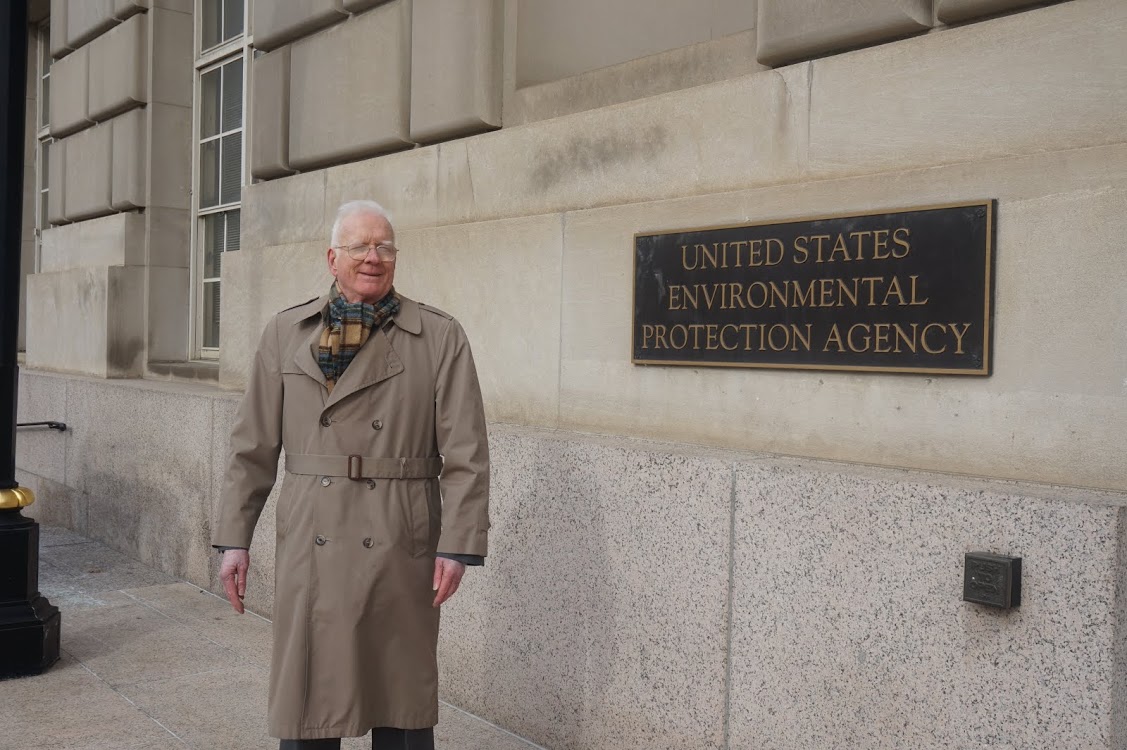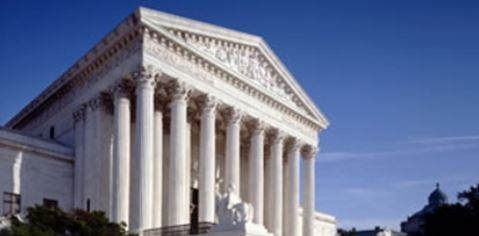Texas landowners before the Supreme Court in major takings case
By |2024-01-29T10:07:49-05:00January 31st, 2024|
Whether the landowners qualify for “just compensation” under the Fifth Amendment will set a significant precedent for other takings cases to be litigated in the years to come.
Comments Off on Texas landowners before the Supreme Court in major takings case





